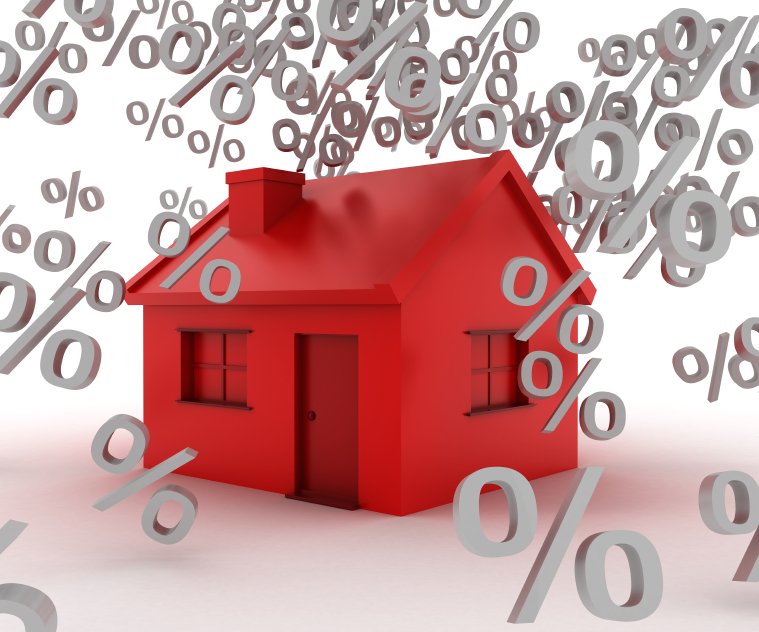
If you’re in the process of purchasing a home, you have the option of locking in your interest rate with your mortgage lender. But, first, you may have several questions about the mortgage rate lock-in process. Here are some answers to common questions about locking in interest rates.
What is a mortgage rate lock?
When your mortgage lender agrees to give you a rate lock, they’re promising that they’ll provide you with a mortgage at a particular rate that won’t go up or down for a specific time period at a specific price. For example, if you lock in your rate at 3.5% for a 15-year mortgage, you’ll only have to pay 3.5% interest on your mortgage even if interest rates go up before you finalize your loan.
Why would I want to lock in my rate?
The reason you may want to lock in your interest rate is simple – mortgage interest rates are constantly fluctuating; and you don’t want the rates to go up between the time you start looking for a house and when you finally close. By locking in your rate, you can potentially save money on your monthly mortgage payments.
How do I lock in my mortgage rate?
Talk to your lender and tell them you want to lock in your rate. Your lender will create an agreement for you to sign.
When should I lock in my mortgage rate?
The earliest you can lock in a rate is after your initial loan approval. However, most homebuyers wait to lock in their rate until after they’ve signed an agreement to purchase a specific home.
How many days should I lock my rate in?
Typically, most lenders offer mortgage rate locks for 30, 45, 60 or 90 days. The amount of time you choose is completely up to you. Talk with your lender to determine if the amount of time that you’re locking in your rate will be enough time for the lender to process the loan. To protect yourself, you can ask your lender to lock in your rate for as long as possible to cover any possible delays in processing. Because once the time period is over, you’re no longer guaranteed the interest rate you locked in – unless your lender agrees to an extension.
What does it cost to lock in my rate?
Rate locks may or may not cost money. Some lenders charge a flat fee or “point” for locking in your rate. A point usually equals 1% of the total mortgage amount. Short-term rate locks (30 – 60 days) may be free or cost a few hundred dollars. Longer term rate locks can cost more. Talk to your lender to find out the differences in cost and rates for different duration periods to help you determine the best lock-in time period for your situation. Points can be prepaid at the time of closing or added to the interest rate that you lock in.
What happens if interest rates go up or down after I lock in my rate?
If interest rates go up, it won’t matter since you’ll still pay the lower rate that you locked in. However, if interest rates go down, you’re not going to be able to take advantage of a lower rate. You’ll still have to pay the rate you locked in. However, there are two exceptions to this rule:
1. If you have a “float down” provision in your rate lock agreement, which states you can take advantage of lower interest rates if they drop during your rate lock period, then you can get a lower interest rate. But this provision will cost you money to include in your agreement.
2. If your lender agrees to let you rewrite your rate lock agreement to reflect the lower rate, but you’ll have to pay more for this option, too.
Buying a home can be stressful, so by locking in your interest rate, you can take some of the worry out of the process.
Talk to the senior mortgage specialists at Grandview Lending to find out what mortgage options are best for your particular situation. If you have questions about locking in your mortgage rate, let them know. They’ll be happy to answer your questions and work with you to help lock in your rate.
Photo credit: iStockphoto
Do you know how much home you can afford?
Most people don’t... Find out in 10 minutes.
Today's Mortgage Rates

Leave a Reply